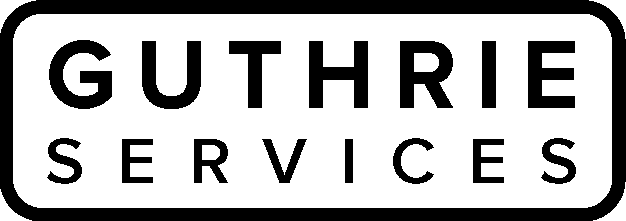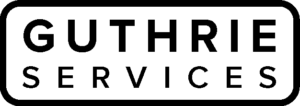Tips for a smooth notary appointment
Expand the boxes below for tips on what you can do before your appointment to make your notary appointment as smooth as possible.
Know what ID you'll use
Make sure your identification meets Colorado state requirements.As part of the notarization process, a notary verifies that you are you. This requires we verify your identification.
Notaries can identify you by:
- Personally knowing you (rare)
- Credential analysis
- Using a credible witness (rare)
Identification for credential analysis:
- Issued by a domestic or foreign government authority
- Include a photo of you
- Include your signature
- Be unexpired or expired within the past 1 year
Commonly used forms of ID that include a photo and a signature include, but are not limited to:
- Passports
- Driver’s licenses
- State ID cards
- Military ID
In the rare case you do not have valid identification and are unable to obtain it, using a credible witness to is a valid alternative in some cases. Using a credible witness for identity verification is not an option if you have valid ID and didn’t bring it with you or can obtain valid ID.
A credible witness is someone, often a close family member or friend, who knows you personally. A willing credible witness may make a sworn statement and sign a document verifying they know you and that you are you. This is an additional notarization and a notary fee will be charged.
Know your documents
Be comfortable with your documents before your appointment.Reading the document and understanding it before you bring it to a notary can help speed up your appointment. We sometimes have someone brings paperwork that they haven’t read and read it at the signing. Sometimes they find a mistake, and need to schedule another appointment for revised documents. This adds time and cost to your notarization process.
A notary may not define, answer questions about, or give you advice on a document’s contents. Doing so would be an unauthorized practice of law and has penalties like fines and jail time.
Your notary will ask you questions to verify if you are signing the document willingly. If you seem unsure or conflicted about signing it, a notary may choose not to notarize it.
Know your document's type of notarial act
Be able to communicate which notarial act each document needs, especially if it doesn't have a notarial certificate template.Before your appointment, it may be helpful to check if your document has a notarial certificate template. Many customers ask us to notarize using the certificate template in the document. The certificate template may indicate to the notary what type of notarization to perform.
If your document doesn’t have a certificate template, your notary will need to know what type of act you want performed. If you don’t know, a notary cannot give you advice on which to use, because doing so is an illegal practice of law with penalties like fines and jail time.
Consider your signing environment
Suspected incompetence, incapacity, and coersion are a few reasons a notary can refuse to notarize a document.Notaries have the authority to refuse to perform notarial acts if they are not satisfied that the individual executing a record is competent or has the capacity to execute the record or they don’t believe an individual knows they are signing, or are not signing of their own free will.
Consider the place of the signing and the people attending and evaluate whether they contribute to an environment where you can communicate clearly, are signing with an uninhibited mind, and are signing of your own free will.
A notary may not notarize if you seem inhibited, someone is pressuring you to sign, you don’t seem to know what document you are signing, or if you don’t appear to know that you are signing a document.
Some customers have medical conditions that result in better and worse times to sign a document. We are flexible with scheduling to accommodate these cases.
We carry accessibility aids in our bags for certain conditions, like large grip pens, magnifying sheets, and tactile signature cut-out templates. Please reach out if there’s anything we can do to make your appointment more comfortable. We’re happy to wear masks, and are open to requests that keep you and your loved ones comfortable.

 Book Online
Book Online